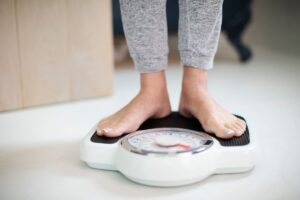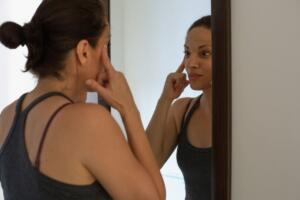If you tumble out of bed and stumble to the kitchen to pour yourself a cup of ambition Dolly Parton style, you aren’t alone. Waking up groggy isn’t uncommon, and it’s usually remedied with a shower, cup of coffee, or exercise. However, waking up tired is different and is often the result of poor-quality sleep.
According to the American Sleep Apnea Association, 50 to 70 million Americans suffer from sleep-related issues. A whopping 70% of adults say they experience insufficient sleep at least once a month, and 11% say it’s a nightly occurrence. Not surprising considering our fast-paced lifestyle where staying “busy” and “connected” 24/7 is a badge of honor. But lifestyle is not the only culprit.
The declining hormone levels that occur with the onset of menopause can cause sleep disruptions ranging from night sweats to insomnia. While it may not seem like a big deal, loss of sleep can wreak havoc on the body leading to both physical and mental health issues. So how much sleep do you need? Experts recommend that the average adult aims for 7-9 hours per night for optimal benefits.
If that sounds like a dream to you, consider the following five things that could be affecting your sleep and what you can do about them.
Wind Down – Don’t Wine Down

If you enjoy a glass (or three) of wine to relax before bed, you may want to reconsider. While alcohol may help you fall asleep faster, it disrupts the normal sleep stages your body cycles through during the night. This causes you to wake up tired and possibly with a headache due to alcohol’s dehydrating effects. To combat the exhaustion, you may turn to copious amounts of caffeine, making it harder to wind down at night, leading to (you guessed it) more alcohol. And the cycle continues. To avoid this trap, try to cut off alcohol consumption at least four hours before bedtime. Better yet, swap it out for a cup of chamomile or other sleep-enhancing tea and enjoy the rest without the restlessness.
Shut Off the Screen
A little mindless scrolling in bed couldn’t hurt, right? Wrong! The blue light rays emitted from your phone and other devices throw off your circadian rhythm by suppressing melatonin. Need more reasons to power down? Studies show that blue light rays may also contribute to some cancers, diabetes, heart disease, and obesity. Furthermore, scrolling social media before bed can increase feelings of anxiety (that photo of your ex with his new girlfriend could keep you agitated for hours). To avoid these adverse effects, dim the lights and power down your screens at least 30 minutes before bed.
Handle Your Hormones
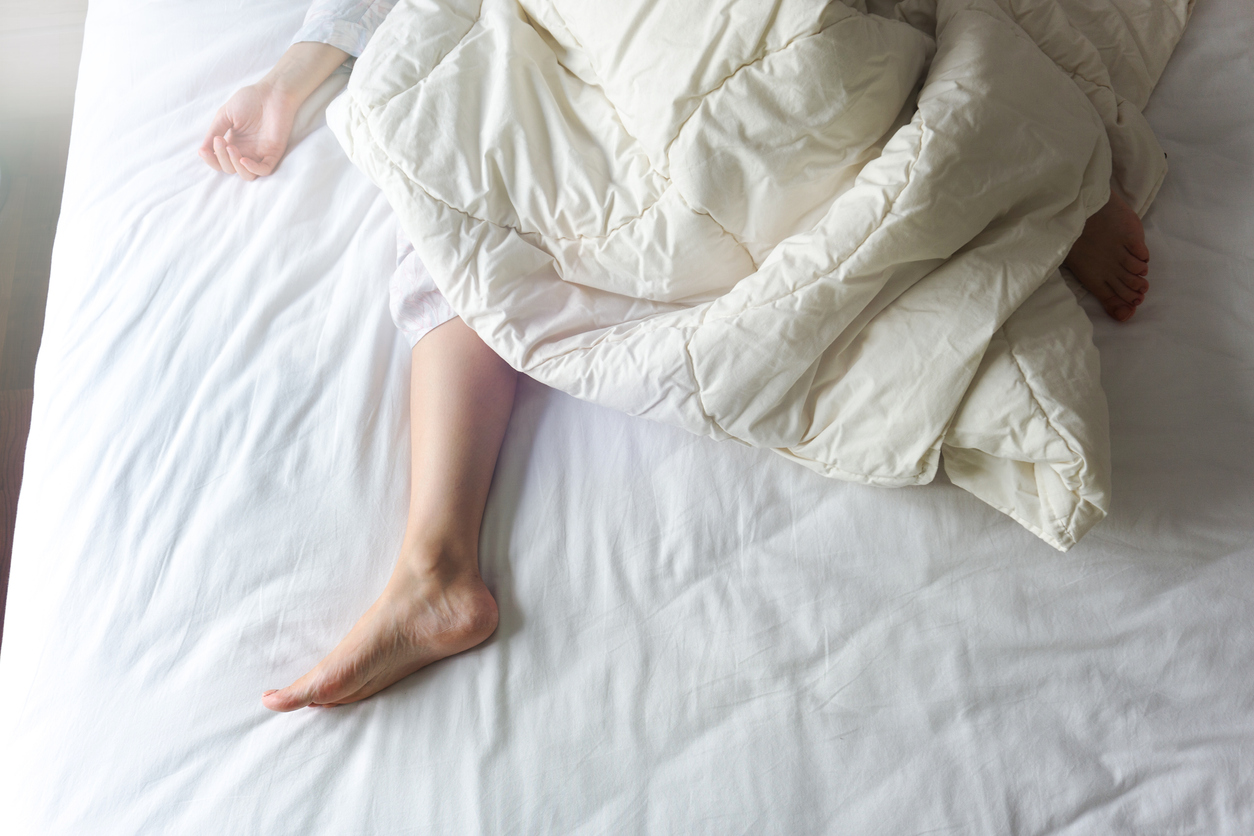
If you suddenly start experiencing trouble falling asleep or wake up in the night covered in sweat, get your hormones checked. As women enter the peri and post-menopausal years, decreases in estrogen and progesterone can steal sleep faster than you can count sheep. These hormonal fluctuations contribute to hot flashes, night sweats, sleep apnea, and restless leg syndrome, to name a few.
If these symptoms keep you up at night, visit your doctor. They can check your hormone levels and prescribe appropriate supplements or hormone replacement therapies that can help alleviate the symptoms and get you balanced and back to sleep.
Eat to Sleep
That cheeseburger and fries you were dreaming about for dinner all day may be the reason you are up all night. Not only are these foods not the best choice for your heart health or waistline, but your body must work extra hard to digest them. When you are trying to sleep, that can be problematic. Look for foods that promote a healthy night’s rest, like green, leafy vegetables and healthy fats like nuts.
You should also ingest foods rich in B6, the vitamin that aids in melatonin production. You can find it in foods like chickpeas and various fish, including salmon. For a nighttime meal that combines all of the above, try a kale salad topped with a tender salmon filet and crunchy walnut pieces. Delicious and non-disruptive to a good night’s sleep.
Address Your Anxieties

If your mind starts racing the moment your head hits the pillow, it can be extremely frustrating. And it seems like the harder you try to turn it off, the more it runs on a loop, replaying every bad decision you’ve made since the 3rd grade or running through tomorrow’s list of chores. The next thing you know, it’s 2 a.m., and you’re still wide awake. Just like you have to power down your electronics to get some quality sleep, you have to power down your brain, too.
Unfortunately, that’s a little more challenging than just flipping a switch, but it can be done. Meditation and breathwork can help. Or download an app featuring calming sounds, white noise, or sleep stories. If all else fails, keep a pad and pen by the bed and jot down all the things in your head. Sometimes putting them on paper makes it easier to remove them from your brain long enough to doze off.
If you are doing all the right things, but you’re still waking up tired, there could be something else going on. Extreme fatigue can go hand-in-hand with several illnesses, including thyroid issues, anemia, and, most recently, Covid. Covid fatigue is real and can last anywhere from a couple of weeks to several months. Exhaustion can also be a sign of cardiovascular issues, so don’t sleep on fatigue that comes on suddenly or drags on for days. Check with your doctor to rule out any underlying health issues.
Chances are you are just overstimulated, overserved, or overstressed. Create a soothing bedtime routine that includes things like a warm bath and hot herbal tea. Keep your bedroom dark and the temperature cool. Invest in soft, snuggly linens and quality pillows, and give them a spritz of lavender oil for good measure. When you intentionally prepare your body for rest, you are setting yourself up to awaken refreshed, recharged, and ready to face your day.
Tools for Better Rest:

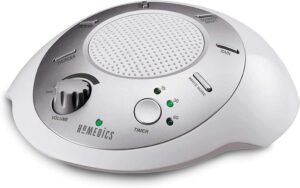

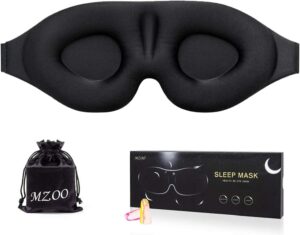
Read Next:
Trick Your Body Into Better Results with Blood Flow Restriction Training



